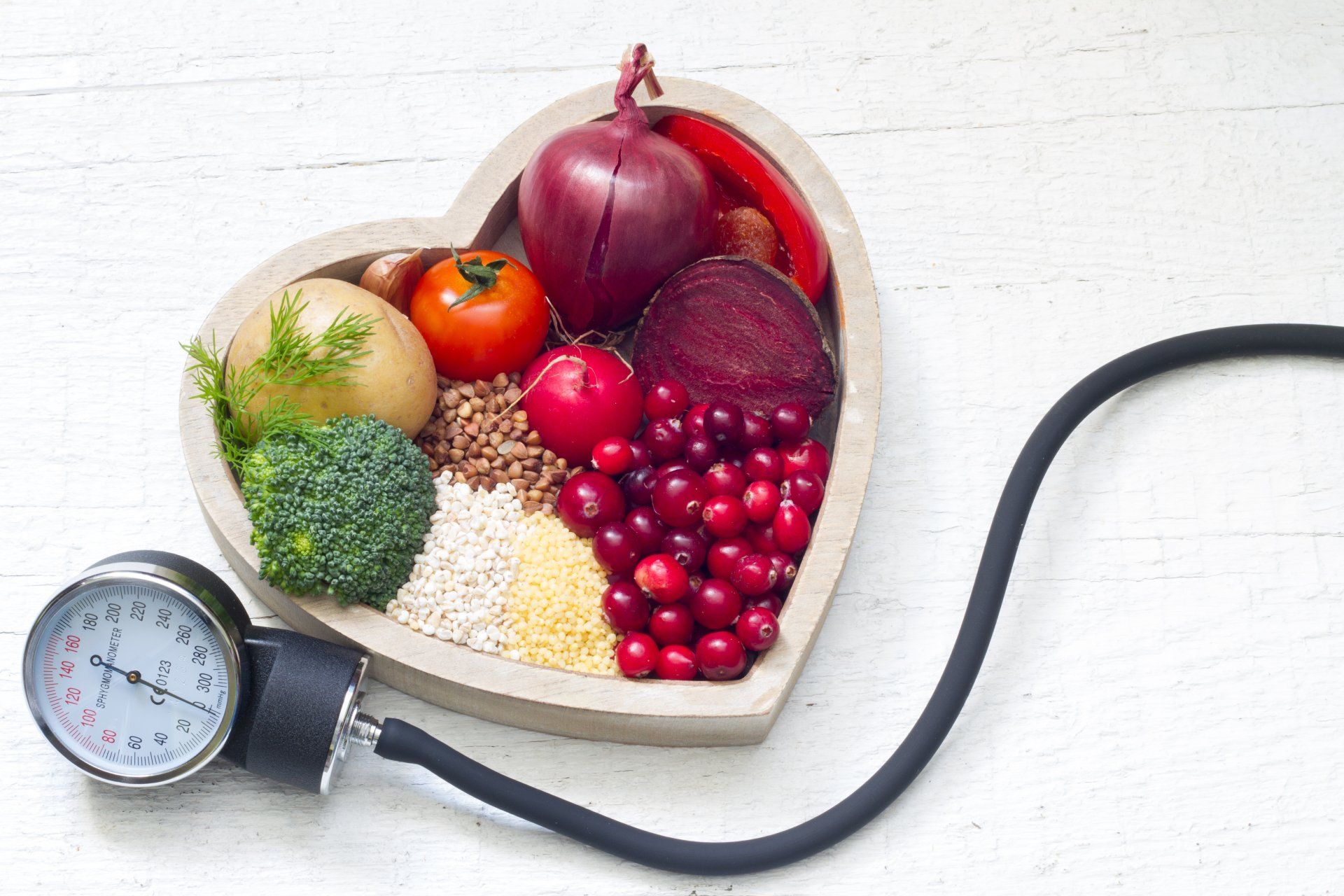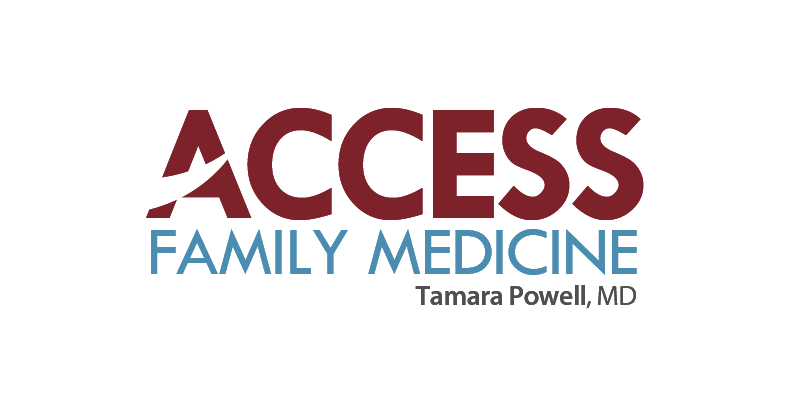Starting with our seniors and vulnerable populations
Hi everyone!
I know there is a lot of information out there about the coronavirus-19 and the new vaccines. Hopefully I can pass on information to you that is reliable and helpful. I promise when this pandemic is over, I’ll go back to talking about cholesterol and high blood pressure! Here is more information about the vaccine, which ideally will be given to our seniors and vulnerable populations soon.
- How long will the immunity last?
Answer: At this time, we are not entirely sure how long it will last. Please stay tuned and we will update with more information as it comes!
- If there is a delay in the distribution chain, how will it affect my vaccination efficacy if I have to wait longer between my first and second dose?
Answer: this is a really great question and one many are already discussing given vaccine shortages. Currently it is recommended that you receive the two doses of the Pfizer vaccine 21 days apart. If you miss the 21 day window, you do NOT need to start all over again.
We do not know how this will affect efficacy at this time but will keep updating with recommendations from scientists and public health advocates based efficacy data we have!
- Am I at a great risk of infection after my first dose but before my second dose of the vaccine?
Answer: No! In fact, what is really great is that the Pfizer vaccine has been shown to cause a 52% efficacy with the first dose alone — and within 10 days of the dose! That is really incredible!
Still — you do not get that 90+% efficacy until you get the second dose; so please make sure to follow-up with your second dose; and always wear a mask, maintain social distancing and wash your hands!
- If someone has already had COVID, do they need to get the vaccine?
Answer: This is a great question! Currently people can — and should — receive the vaccine regardless of their prior history of infection.
It is NOT recommended that you need to test for active or prior infection before getting the vacccine
Given that it appears that most people who have had COVID have immunity for at least 90 days, people who have been infected can wait until a 90-day period has passed to receive the vaccine (but they do not have to wait).
If you are actively infected with COVID, you should wait until you have recovered from your acute infection and your quarantine period is over. This is so that we protect those giving the vaccines and others at the sites where vaccinations will be happening.
If you have been exposed to someone who had COVID, you should wait until your quarantine period is over — again to protect those giving the vaccines and others at the sites were vaccinations are happening.
- What will the vaccine cost?
Answer: That is a great question! Currently it is estimated it will cost (depending on the vaccine and insurer) anywhere from $3 to $38 per dose for the vaccines. This is the administrative fee for giving the shot and may be reimbursable by public/private insurance.
- Are there any negative interactions between the flu vaccine and the COVID vaccine?
Answer: No-there did not appear to be any negative interactions (remember, the clinical trials ran through flu season, so many participants received both). We do know that getting both the flu and COVID is associated with a significantly increased risk of death, so we recommend obtaining BOTH vaccines!
- I am due to get another vaccine; can I get it at the same time as my COVID vaccine?
Answer: Currently, for the Pfizer vaccine, it is recommended that the COVID vaccine should be administered at least 14 days before/after any other vaccine so potential reactions are not confused with reactions to other vaccines.
- Now that we have two vaccines (Pfizer and Moderna), which one should I get?
Answer: We are so glad you want to get vaccinated! Please get whichever is available to you first. Both the efficacy and safety data of the Pfizer and Moderna vaccines were very comparable (neither was “better” than the other). Due to supply and/or logistical issues, one may be available to you before the other.
- Can I get one dose of one vaccine and the second dose from a different vaccine?
Answer: Currently the vaccine trials only evaluated the efficacy of two doses of their own vaccine. The safety and efficacy was not tested for obtaining doses from different vaccines.
- Are these various vaccines the same or different enough that we should get both?
Answer: No — you do not need to get both vaccines! Both of the vaccines approved by emergency use authorization (EUA), the Pfizer and the Moderna vaccines, work in the same way: they are mRNA vaccines that target the spike protein of the virus (the protein that allows the virus to enter the body’s cells). Both have very similar efficacies and very similar side effect profiles.
So you should only get one of the vaccines — especially because we currently have limited supplies of them! But it is also recommended that you stick with the type of vaccine you get: so if you get your first dose of a Pfizer vaccine, you should also get the Pfizer vaccine for the second dose (for example). This is because both the safety and efficacy were evaluated only within each type.
- I received convalescent plasma or a monoclonal antibody therapy for COVID; can I still get the vaccine?
Answer: At this time there is not enough data to know if there is any change in vaccine effectiveness in people who have received monoclonal antibodies or convalescent plasma. Please stay tuned for any updates to this!
- I don’t trust the vaccine because I don’t think my community (people who look like me) were represented.
Answer: That is a really good concern. COVID19 has affected certain communities far more than others, and it is really important to ask if those communities have been part of this vaccine development as well as the safety reviews for these vaccines. In addition, we recognize that medicine historically has not treated underrepresented communities equally, and this creates legitimate distrust of the system.
In regards to the COVID-19 vaccine, scientists and advocates from very diverse backgrounds have been part of the leadership of these vaccines as well as reviewing and making guidelines and decisions regarding them. For example, Dr. Kizzmekia Corbett, who works for the National Institutes of Health, is an African-American woman who helped develop the Moderna vaccine. The safety monitoring and review boards for both the Pfizer and Moderna vaccines included scientists, physicians and advocates from diverse backgrounds representing numerous groups from all parts of the country. These hearings were also open to the public so that they could be as transparent as possible.
We fully recognize this may not be enough, but we hope that it gives some measure of comfort knowing that representation has occurred at all levels, from vaccine development through the independent safety reviews. COVID19 has been devastating and these vaccines represent the first real hope we’ve had to combat this pandemic.


